Virginia
Promising Examples
5. Data Leadership & Governance
5. Data Leadership & Governance
A 2018 Virginia law established a Chief Data Officer role to coordinate data sharing among state, regional, and local entities. The Chief Data Officer coordinates the state’s Data Sharing and Analytics Advisory Committee and is responsible for data governance, including policies related to open data, data sharing, and data privacy.
Issue Areas: Child Welfare, COVID-19, Criminal Justice, Economic Mobility, Education, Health, Workforce
6. Data Policies
6. Data Policies
In 2020, a Virginia executive order established data governance bodies to improve data sharing between state agencies and localities. The executive order implements the recommendations from the 2019 publication Data Sharing and Analytics Governance Structure for the Commonwealth of Virginia Report. The Virginia open data portal also features resources on data use, a data dictionary, and an open data catalog.
7. Data Infrastructure
7. Data Infrastructure
In 2020, Virginia utilized its existing Framework for Addiction Analysis and Community Transformation (FAACT) to share new data and provide actionable information as part of the state’s COVID-19 response. FAACT – a cross-agency, cloud-based, data-sharing and analytics platform – was previously used as part of the state’s work on the opioid crisis to generate actionable insights about the contributing factors to opioid abuse, as well as to collate the most effective community responses. According to the Beeck Center, since the launch of FAACT in 2017, Virginia has seen a decrease in the number of drug overdose deaths involving opioids.
Amid the COVID-19 pandemic, Virginia’s workforce system launched an improved integrated data system in 2020, governed by a data trust, that improves user experience through the new Virginia Career Works Referral Portal. The related Virginia Career Works Dashboard is a data visualization tool that conveys information about labor conditions and allows agencies to make real-time, data-driven decisions. These innovative systems demonstrated a potential cost savings of more than 94% over traditional approaches.
Issue Areas: COVID-19, Economic Mobility, Health, Workforce
8. Data Use
8. Data Use
The Virginia COVID-19 response command includes a Health Equity Work Group charged with “prioritizing resources and decision points impacting marginalized and at-risk individuals and communities.” The workgroup overlayed geospatial and race and ethnicity data to establish testing areas in communities, which later allowed the public health department to target the distribution of masks and hand sanitizer in communities that are typically underserved by government programs.
In 2020, Virginia utilized its existing Framework for Addiction Analysis and Community Transformation (FAACT) to share new data and provide actionable information as part of the state’s COVID-19 response. FAACT – a cross-agency, cloud-based, data-sharing and analytics platform – was previously used as part of the state’s work on the opioid crisis to generate actionable insights about the contributing factors to opioid abuse, as well as to collate the most effective community responses. According to the Beeck Center, since the launch of FAACT in 2017, Virginia has seen a decrease in the number of drug overdose deaths involving opioids.
Amid the COVID-19 pandemic, Virginia’s workforce system launched an improved integrated data system in 2020, governed by a data trust, that improves user experience through the new Virginia Career Works Referral Portal. The related Virginia Career Works Dashboard is a data visualization tool that conveys information about labor conditions and allows agencies to make real-time, data-driven decisions. These innovative systems demonstrated a potential cost savings of more than 94% over traditional approaches.
